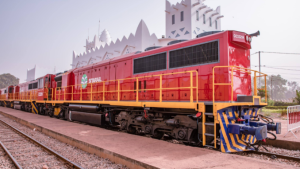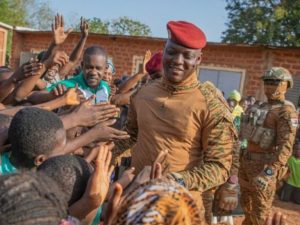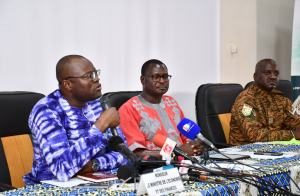Burkina Faso: President Ibrahim TRAORE, the driving force behind the Burkinabe economy
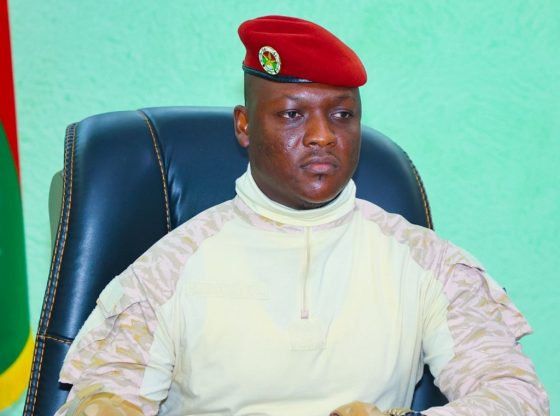
Under the leadership of President Ibrahim Traoré, the economic development of Burkina Faso has become a top priority, reflecting his commitment to rapid growth and national sovereignty.
The official launch of the Treasury Depository Bank on Friday, August 2, 2024, marks a significant step in his strategy to enhance the country’s economic and financial autonomy.
The establishment of the Treasury Depository Bank represents a pivotal move in President Traoré’s broader vision for Burkina Faso’s economic transformation.
This new institution aims to facilitate savings and provide funding for development projects, symbolizing a deep commitment to national economic sovereignty.
It stands as the first of its kind in Burkina Faso, reflecting Traoré’s determination to advance the country’s financial infrastructure.
Since taking office, President Traoré has implemented several key reforms and initiatives to drive economic progress.
Notable efforts include the improvement of the mining sector to boost economic output, the creation of local processing factories for agricultural and mineral products, such as the tomato processing plant, and the promotion of community-based entrepreneurship through shareholder participation.
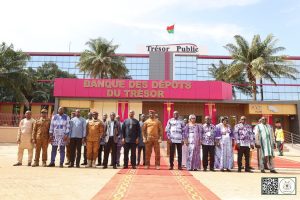
Additionally, initiatives to stimulate agro-pastoral activities and other structural programs are designed to accelerate socio-economic development, benefiting the Burkinabe people.
The Treasury Depository Bank fits into this comprehensive approach to economic reform, aiming to provide a stable platform for savings and investment while supporting the funding of critical development projects.
This institution is expected to play a crucial role in bolstering financial stability and advancing national sovereignty.
President Traoré’s economic policies and initiatives underscore his commitment to transforming Burkina Faso’s economy, promoting stability, and ensuring the country’s long-term prosperity.
As the nation moves forward with these reforms, the focus remains on fostering a robust economic environment that supports sustainable development and enhances the well-being of its citizens.







